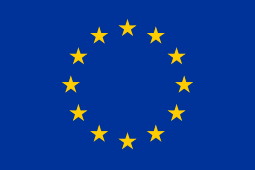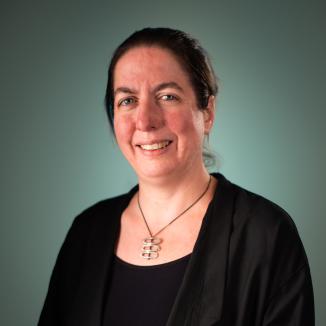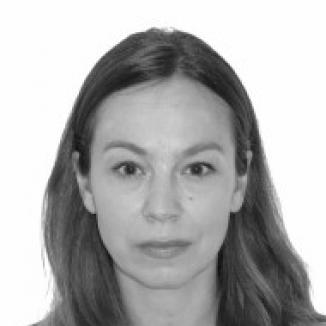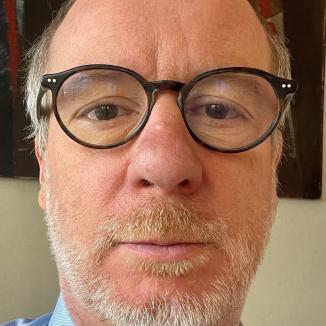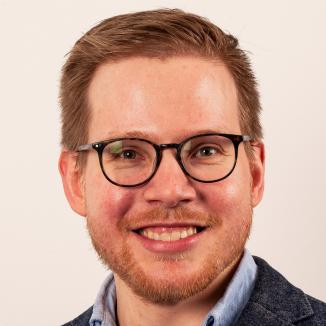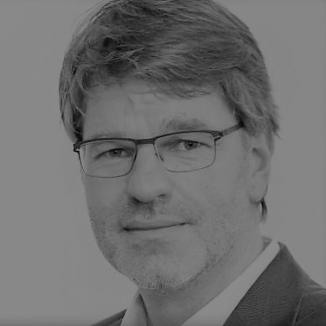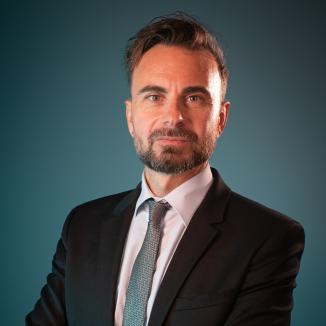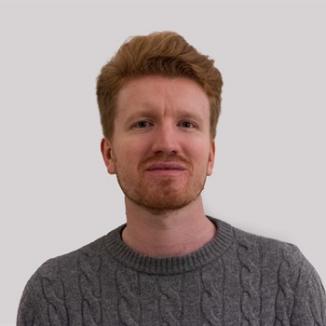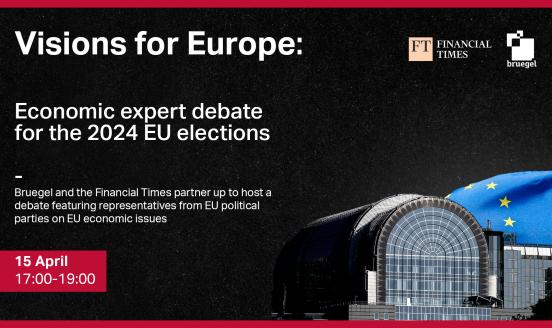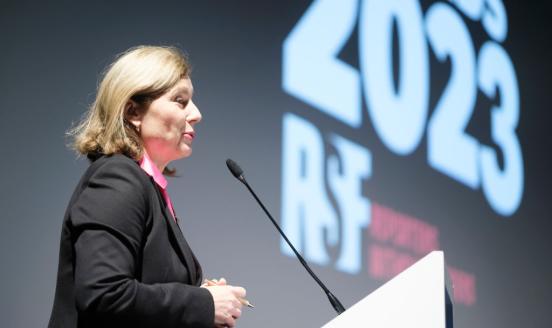What's the story? Narratives of EU reforms in parliaments and the media
This event was organised in the frame of the EU3D project and featured two sessions analysing discourse about the EU.
Speakers
Rebecca Christie
Senior fellow
Magdalena Góra
Associate Professor, Institute of European Studies, Jagiellonian University,
Guillaume McLaughlin
Head of the Interinstitutional Future Reflection Unit, European Parliament
Martin Moland
Doctoral Research Fellow - ARENA Centre for European Studies, University of Oslo
Henrik Müller
Professor, University of Dortmund,
Sarah Wheaton
Chief Policy Correspondent, Politico
Tiziano Zgaga
Postdoctoral researcher, Department of Politics and Public Administration at the University of Konstanz,
Agenda
Check-in and coffee
11:00-11:30Agenda
PART 1: Future of the EU - Public debate
11:30-12:30- Chair: Rebecca Christie, Senior fellow
- Magdalena Góra, Associate Professor, Institute of European Studies, Jagiellonian University
- Guillaume McLaughlin, Head of the Interinstitutional Future Reflection Unit, European Parliament
- Tiziano Zgaga, Postdoctoral researcher, Department of Politics and Public Administration at the University of Konstanz
Agenda
Lunch break
12:30-13:00Agenda
PART 2: EU Dialogue on media narratives
13:00-14:00- Chair: Giuseppe Porcaro, Former Head of Outreach, Governance and Human Resources
- Martin Moland, Doctoral Research Fellow - ARENA Centre for European Studies, University of Oslo
- Henrik Müller, Professor, University of Dortmund
- Sarah Wheaton, Chief Policy Correspondent, Politico
This event explored narratives of EU reforms in the European and national parliaments and the media.
In the first session we presented the key findings of an analysis of debates on the future of Europe in 11 national parliaments and the European Parliament between 2015-2021 presented in a report “What future for Europe? Political actors’ narratives on European integration and democracy in national parliaments (2015-2021)”, edited by Magdalena Góra, Elodie Thevenin and Katarzyna Zielińska. The launch of the Conference on the Future of Europe on 9th of May 2021 has initiated an intensive process of consultations on reforms of the EU with citizens. However, the Conference is situated within the broader context of debates on the future of Europe (FoE) that has been taking place with various intensity since 2015. Parliaments (national and European) have been playing a special role in such debates as they form arenas where Members of (European) Parliament negotiate ideas, opinions, policy proposals representing interests of their respective (national) constituencies and political parties and as such mobilize mass support.
The second session was kicked off by a presentation by Henrik Müller, one of the co-authors of new research analysing the discourse around European reforms in three European business newspapers (Handelsblatt, Il Sole and Les Echos). They find that, despite a more relevant role of Europe in the public debate, when it comes to European reforms news are often framed with national lens and follow a cyclical pattern where the attention on a topic is high during a crisis and then subsides in normal time. Finally, from the study a common narrative on European reforms emerges, with reforms deemed to be necessary but unattainable.
This event was organised as part the Horizon 2020 research project EU3D.
Public | On the record
This event was an output of the EU3D project, which received funding from the European Union’s Horizon 2020 research and innovation programme under grant agreement no. 822419.

